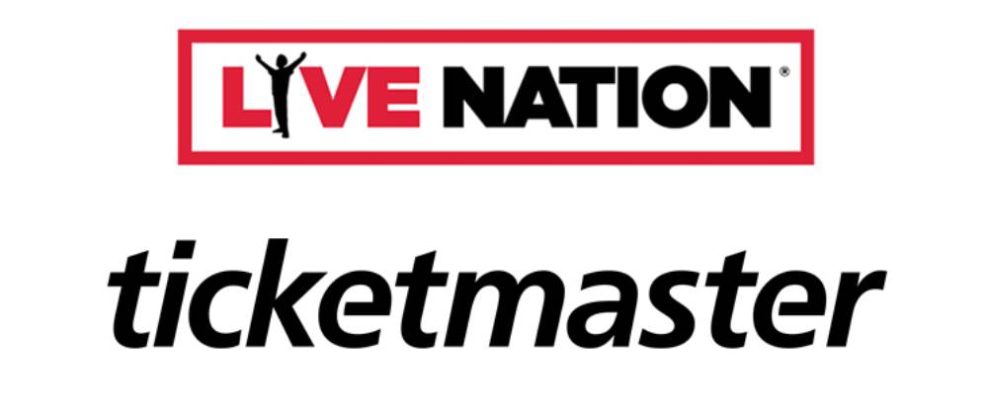WASHINGTON (CelebrityAccess) – Senators Richard Blumenthal and Amy Klobuchar, both Democratic and both active in antitrust, wrote to the United States Justice Department on Tuesday – urging officials to investigate potential anti-competitive actions by Live Nation (LN). Live Nation owns ticketing goliath Ticketmaster (TM).
This isn’t the first time lawmakers have called for an investigation into the two companies and their ticketing practices. An August 2019 letter was sent by Blumenthal and Klobuchar to Mr. Makan Delrahim, Assistant Attorney General, Antitrust Division citing the same concerns. In addition, a 2020 letter from Bill Pascrell (D-NJ), along with the chairs of four House committees – Jerry Nadler – Judiciary Committee (D-NY), Frank Pallone Jr. – House Energy and Commerce (D-NJ), Jan Schakowsky – Consumer Protection and Commerce Subcommittee and David Cicilline – Antitrust Subcommittee (D-RI) was sent to Attorney General Merrick Garland and Acting Federal Trade Commission Chairwoman Rebecca Kelly Slaughter, citing the merger and subsequent ticketing practices and fees have “strangled competition in live entertainment ticketing and harmed consumers and must be revisited,” as reported by Deadline.
The Senators noted the company’s previous violation of an agreement with the Justice Department that allowed the controversial merger of LN and TM back in 2010. At the time, LN agreed to stop retaliating against venues that did not use TM for every event, as reported by U.S. News. They asked the department to assess LN’s current compliance with the updated agreement.
“As live events continue to open up, American consumers are confronting skyrocketing ticket prices, opaque terms, and exorbitant fees. Yet live entertainment markets, especially ticket markets, are dominated by one corporation, Live Nation, which cemented its dominance through its 2010 merger with Ticketmaster,” they wrote to Jonathan Kanter, head of the Justice Department Antitrust Division.
“We are deeply concerned that the Department’s past enforcement and negotiated remedies in this industry have failed to adequately foster and protect competition in live entertainment and ticketing markets,” they wrote. In 2010, the two companies merged and acquired unparalleled dominance within the live music industry as TM controls 80% of the ticketing market and LN manages over 500 major music artists.
LN’s website says the following:
“The standard tickets sold on Live Nation are owned by our clients (venues, sports teams, or other event promoters) who determine the number of tickets to be sold and set the face value price. In the case of resale tickets, listing prices are determined by the seller, which can include fans or season ticket holders. Note that for certain events, Live Nation may not be the primary ticket provider.
In some instances, events on our platform may have tickets that are “market-priced,” so ticket and fee prices may adjust over time based on demand. This is similar to how airline tickets and hotel rooms are sold and are commonly referred to as “Dynamic Pricing.”
Ticket fees (which can include a service fee, order processing fee, and sometimes a delivery fee) are determined in collaboration with our clients. In exchange for the rights to sell their tickets, our clients typically share in a portion of the fees we collect. The portion of fees we keep helps us to provide our clients with software, equipment, services, and support to manage their tickets and box office and provide the sales network used by clients to distribute tickets to fans. The remainder, when taken with other revenues, is how we earn a profit.“
In January 2022, a group of 4 Plaintiffs filed a class-action lawsuit in a California federal court alleging the two companies charge consumers inflated service fees for tickets to events at major concert venues. “The combined Live Nation/Ticketmaster behemoth has enormous, and unique, market power in primary ticketing and concert promotion services, and has shown it is unafraid to use that power,” the class action lawsuit states. This is the second lawsuit from law firm Quinn Emanuel, who mounted a similar case against LN and TM in 2020, which ended with a ruling in favor of the conglomerate. Appeals to that ruling are still pending.





























